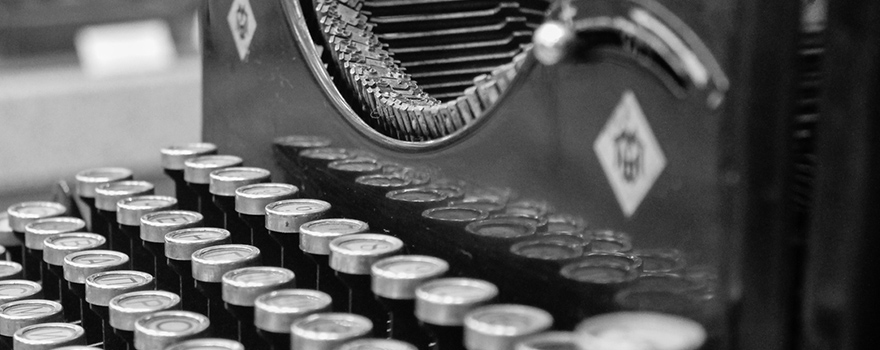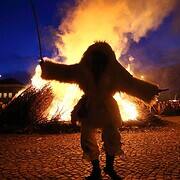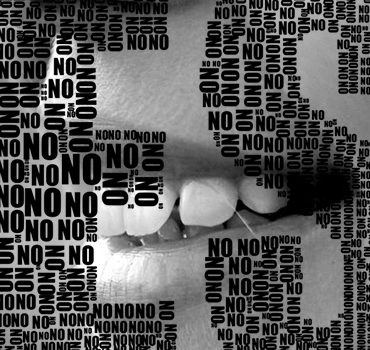The Central European country of Hungary has produced some of the world’s finest authors. Below is a short list of Hungary’s best-known-and-loved authors, many of whose works have been translated into English.
Best Of The Best Hungarian Authors: Péter Esterházy (1950 – 2016)
He was one of the most widely known contemporary Hungarian and Central European writers. He has been called a “leading figure of 20th century Hungarian literature” and his books are considered to be significant contributions to postwar literature.
Esterházy was born in Budapest to the previously royal Esterhazy family. Educated as a mathematician, he is perhaps best known outside of Hungary for Celestial Harmonies (Harmonia Caelestis), which chronicles his forefathers’ epic rise during the Austro-Hungarian Empire to its dispossession under communism. Many of his other works also deal with the experience of living under a communist regime and in a post-communist country
His works have been published in more than 20 languages. He has received awards for his work in Hungary, France, Austria, Germany, Slovenia and Poland.

Best Of The Best Hungarian Authors: Mór Jókai (1825–1904)

He also known as Maurus Jokai outside Hungary, was a Hungarian dramatist and novelist. A descendant of the ancient Jókay and Pulay families, he was educated as a lawyer, but found a more appropriate path for his artistic talents as a playwright and author. He fell into an easy friendship with Petofi Sandor and served the national cause during the 1848 revolution with pen and sword.
Back in Pest and living the life of a political suspect, he experienced his most glorious period of creativity. During this time he devoted himself to the rehabilitation of the proscribed and humiliated Magyar language, composing in it no fewer than thirty great romances, besides innumerable volumes of tales, essays, criticism and faceti. He served in Parliament for more than 20 years and became a power behind the throne.
Among his prolific works is the unique The Man with The Golden Touch (Az Arany Ember) and the popular Eyes Like the Sea, which won the Hungarian Academy’s prize in 1890. He even wrote an early work of science fiction which predicted the Russian revolution and the arrival of aviation. His translated works will keep you enthralled for hours.
Best Of The Best Hungarian Authors: Imre Kertész (1929-2016)
He was the first Hungarian to receive the Nobel Prize in Literature (in 2002) for “Fatelessness” (Sorstalanság), “for writing that upholds the fragile experience of the individual against the barbaric arbitrariness of history.” His works deal with themes of the Nazi Holocaust (he was a survivor of a German concentration camp), dictatorship and personal freedom. Paradoxically, he lived in Berlin for most of his later life.

Best Of The Best Hungarian Authors: György (George) Konrád (1933-)
He is a Hungarian novelist and essayist, known as an advocate of individual freedom. The harrowing story of Konrád’s survival as a child during World War II is told in his autobiographical novel Departure and Return. He and his sister were reunited with their parents after the war. During his studies in Budapest, he also took part in the 1956 Revolution, opting to remain in Hungary afterwards, when his family emigrated to the West.
His experiences as a children’s welfare worker allowed him to gain the experience that would serve as the basis for his novel The Case Worker (1969). The book drew a vigorous and mixed response: the official criticism was negative, but the book quickly became very popular and sold out in days.

Best Of The Best Hungarian Authors: Sándor Márai (1900-1989)

He was born in what is now Slovakia and traveled extensively with his family during his younger years. Settling in Budapest, during the 1930s he gained prominence with his precise and clear realist writing style. He was the first person to write reviews of the work of Franz Kafka.
The author of more than 45 books, Márai wrote enthusiastically about the First and Second Vienna Awards, in which Germany forced Czechoslovakia and Romania to give back part of the territories which Hungary lost in the Treaty of Trianon; however, Márai was highly critical of the Nazis.
Márai was also active in Radio Free Europe. Largely forgotten outside of Hungary, his work (consisting of poems, novels, and diaries) has only been recently “rediscovered” and republished in French, Polish, Catalan, Italian, English, German, Spanish, Portuguese, Czech, Slovak, Danish, Icelandic, Korean, Dutch, Urdu and other languages; he is now considered to be part of the European Twentieth Century literary canon.
Best Of The Best Hungarian Authors: Ferenc Molnár (1878-1952)

He was born in Budapest, but immigrated to America during World War II. Molnár’s literary contributions are legion. Many of his plays were adapted into other plays, musicals and Hollywood movies, notably Liliom) which was adapted into the musical Carousel) and The Guardsman (made into a movie of the same name).
As a novelist, Molnár may best be remembered for The Paul Street Boys, the story of two rival gangs of youths in Budapest. It was ranked second in a poll of favorite books and has been made into feature films on several different occasions. Movie buffs may also recall the James Cagney post-war comedy film One, Two, Three, which was based on Molnar’s work. The 1956 film version of The Swan, which had been filmed twice before, was Grace Kelly’s penultimate film, and was released on the day of her wedding to Prince Rainier.
Best Of The Best Hungarian Authors: Péter Nádas (1942-)
He is a Hungarian writer, playwright, and essayist. His life experiences as a child during World War II and later during the Communist regime led directly to his desire to communicate his ideas and ideals through the written word.
He began writing short stories as a teenager and then worked as a photojournalist before concluding he could no longer abide shooting happy proletarians to serve as government propaganda. He then wrote plays that, among other acts of political protest and independent expression, kept him in hot water with the authorities.
The struggle toward maturity as a novelist in works like A Book of Memories and in the three-volume “Parallel Stories,” which took him 18 years to complete and is still not published in English, was to turn what he has called the “monkey tricks of my sentences” into “honest” writing. That’s clearly a metaphor for what he feels are also the obligations of a political citizen.

Best Of The Best Hungarian Authors: Jenő Rejtő (1905-1943)

He was a Hungarian journalist, pulp fiction writer and playwright who died as a forced laborer during World War II. Upon completion of his drama studies, he traveled extensively throughout Europe. He made his living as a playwright, but later wrote adventure novels based on his trips and experiences, relying on his inimitable and bizarre sense of humor to challenge and entertain his readers.
He also wrote a large number of cabaret farces and edited a newspaper (which, unfortunately, was published just once). His most appreciated novels are stories unifying elements from detective novels and romance, always including a unique sense of humor. His wit and style bring to mind the Jeeves novels by P.G. Wodehouse. Many of his works have been deftly translated into English and are favorites among readers who enjoy fascinating characters and intricate-but-easy-to-follow plots (such as The Blonde Hurricane and The Fourteen-Carat Car).
Best Of The Best Hungarian Authors: Magda Szabó (1917-2007)

She was one of Hungary’s premier novelists who also wrote dramas, essays, studies, memories and poetry. During the Stalinist era (1949-1956), the government did not allow her works to be published and she was forced to teach in an elementary school.
She wrote her first novel, Freskó (“Fresco”) during these years; it was published in 1958 to overwhelming success. Her most widely read novel Abigél is an adventure story about a schoolgirl boarding in eastern Hungary during World War II. It was further popularised through a television series in 1978.
Ms. Szabó’s works have been published in 42 countries. In 2003 she was the winner of the Prix Femina étranger, a French literary award, for the best foreign novel.




